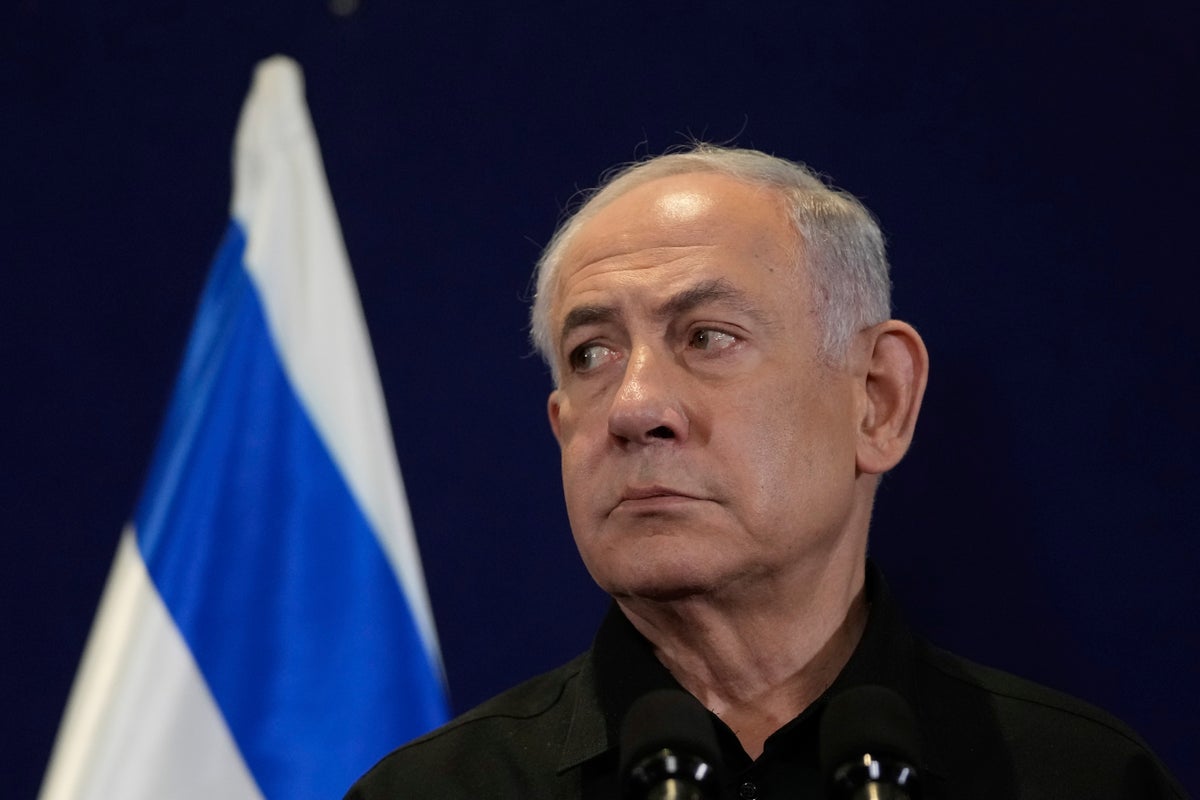
Israeli military sources and Iranian state media indicated that a top commander of the Revolutionary Guard (IRGC) was slain in an Israeli airstrike targeting a suburb of Damascus on Monday.
Now, western observers are worried that a broader conflict that engulfs much of the Middle East may be close at hand.
The strike on Monday was confirmed by a Syrian-based human rights monitor, which confirmed that several militants were also killed in the blast. The target, Sayyed Razi Moussavi, was head of the IRGC’s Quds Force, one of its five branches, and was reportedly responsible for coordinating with and arming Iranian-backed militant groups across the Middle East. Iran is aligned with a number of these militant groups in various countries, including (but not limited to) Hezbollah militants in Lebanon and related organisations in Iraq.
One of those groups also faced reprisal from the United States on Christmas Day; US forces struck three facilities in Iraq that officials at the Pentagon said were linked to Kataib Hezbollah, killing one person and injuring as many as 18 others according to media reports. Kataib Hezbollah had been blamed for a strike hours earlier at Erbil Air Base in the country.
News of Israel’s targeted killing of an Iranian commander marked the first strike against Iran directly since the beginning of Israel’s invasion of Gaza, a response to deadly terrorist attacks on 7 October. For months, the US and Israel alike have warned Iran and its network of affiliated militant groups against becoming involved; now, that possibility appears to be evolving into an inevitability.
Experts on Iran’s relations with Israel and its western backers (including the US) now fear that the United States and Israel both may be dragged into a broad, regional conflict with Iran the likes of which the Middle East has not seen in decades.
“[T]he assassination of Mousavi may cause Iran to retaliate against Israel via Hezbollah, the reasoning goes, and Israel can then use Hezbollah’s action as a pretext to not only expand the war to Lebanon — but also force the US to go along with it,” warned Trita Parsi, head of the Quincy Institute for Responsible Statecraft.
Mr Parsi added: “As long as Biden refuses to pressure Israel to accept a ceasefire in Gaza, tensions in the region will continue to rise and the Middle East will gravitate towards a regional war that very likely will engulf the US as well.”
Such a conflict would have massive global implications. Already, escalating violence in the Red Sea instigated by Houthi rebels against Israel has led to an armed US response and massive disruptions to sea trade in the area. Iran’s president, Ebrahim Raisi, has vowed revenge, as have the IRGC and militants with Hezbollah.
The Israeli strike comes at a time when the Biden administration has been reported to be privately urging its allies in Israel against unnecessarily escalating the conflict or even continuing the fight at its current pace without a plan for its resolution. On Tuesday, a top Israeli official was due in Washington to reportedly meet with officials in the White House and State Department regarding "how to wrap things up and on what timeframe”, according to Axios.
But publicly, the Israeli government is showing no interest in doing so.
Meeting with troops in Gaza this week, Israel’s prime minister projected the same confidence in his strategy and resolve against accusations of causing a humanitarian disaster in Gaza. More than 20,000 Palestinians are now believed to have been killed by the Israeli military operation since it began, and no prominent Hamas officials or military leaders have been reported captured or killed.
“Whoever talks about stopping, there is no such thing,” Benjamin Netanyahu told Israeli soldiers on Monday in northern Gaza, according to multiple reports. “I told President Biden yesterday that we will fight until absolute victory — however long that takes.”







